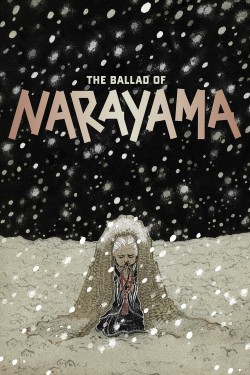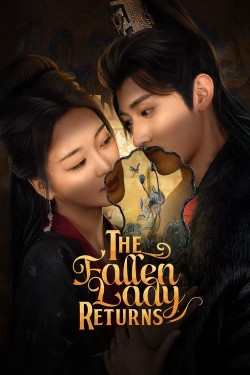
The Ballad of Narayama
It's in the style of Kabuki, and it tells the story of a village in the mountains where there isn't enough food, so relatives carry their 70-year-old relatives up Narayama mountain to die. Orin is nearing 70, and she's ready to accept her fate. It is hard for Tatsuhei, her son who is now alone, to lose his mother, even though she arranges for him to marry a woman his age. Her grandson, Kesa, whose girlfriend is pregnant, is selfishly happy that Orin will die so that he can be with his new girlfriend. In the neighborhood, a family of thieves is dealt with very harshly, and an old man, over 70, who was kicked out by his son has to look for food. Is Orin's love and acceptance going to help her family grow up to be better people because of her?
Read full
Genres:
Production:
Country:
Duration:
98 m

















Discussion